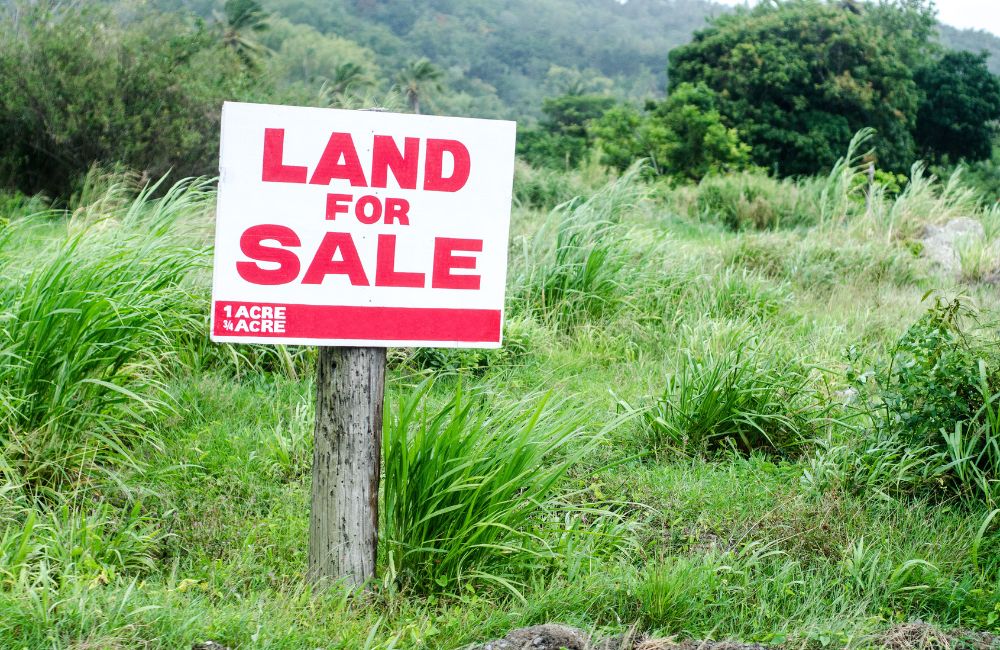Zoning laws play a crucial role in determining how land can be used and, consequently, its market value. Whether you own residential, commercial, agricultural, or industrial land, understanding zoning regulations is essential for maximizing the value and potential of your property. Here’s a comprehensive guide to understanding zoning laws and their impact on land value.
What Are Zoning Laws?
Zoning laws are regulations established by local governments to control land use within specific areas, known as zones. These laws dictate how land can be used, what types of structures can be built, and how properties can be developed. Zoning categories typically include:
- Residential (R): Areas designated for housing, including single-family homes, multi-family units, and apartments.
- Commercial (C): Zones for businesses, such as retail stores, offices, and restaurants.
- Industrial (I): Land designated for manufacturing, warehouses, and industrial operations.
- Agricultural (A): Areas reserved for farming, livestock, and agricultural activities.
- Mixed-Use (MU): Zones that allow a combination of residential, commercial, and sometimes industrial uses.
How Zoning Laws Affect Land Value
- Permitted Uses
- Increase in Value: Land zoned for commercial or mixed-use purposes often has a higher value due to the potential for higher revenue-generating activities compared to residential or agricultural zoning.
- Decrease in Value: Restrictions on permitted uses can limit the appeal to potential buyers, reducing the land’s market value.
- Development Potential
- Density and Height Regulations: Zoning laws may regulate the density (number of units per acre) and height of buildings. Higher density and building height allowances can increase land value by maximizing development potential.
- Setbacks and Lot Size Requirements: Regulations on setbacks (the distance buildings must be from property lines) and minimum lot sizes can affect how much of the land is usable for development, influencing its value.
- Rezoning Possibilities
- Upzoning: Changing the zoning classification to allow more intensive use (e.g., from residential to commercial) can significantly increase land value.
- Downzoning: Conversely, changing zoning to a less intensive use can decrease the value.
- Compliance Costs
- Infrastructure Requirements: Zoning laws may require the installation of infrastructure such as roads, sidewalks, and utilities, which can add to development costs and affect the net value of the land.
- Environmental Regulations: Compliance with environmental regulations, such as maintaining green spaces or managing stormwater runoff, can also impact development costs and land value.
Steps to Determine Zoning and Its Impact
- Research Local Zoning Ordinances
- Access Zoning Maps and Codes: Local government websites typically provide zoning maps and codes that outline the regulations for each zone. Understanding these is the first step in determining how zoning laws affect your land.
- Consult with Local Planning Departments
- Seek Clarifications: Local planning departments can offer detailed explanations of zoning laws and their implications for your property. They can also provide information on any proposed zoning changes that might impact land value.
- Consider Potential for Rezoning
- Evaluate Rezoning Opportunities: If current zoning limits your land’s value, explore the possibility of applying for a rezoning. This process involves petitioning the local government and may require community input and approval.
- Engage Professional Help
- Hire Zoning Experts: Urban planners, land use attorneys, and real estate professionals with zoning expertise can provide valuable insights and help navigate complex zoning regulations.
Practical Tips for Maximizing Land Value
- Enhance Marketability: Highlight the permitted uses and development potential in your marketing materials to attract a broader range of buyers.
- Prepare for Development: Ensure that the land meets all zoning requirements and has the necessary infrastructure to support development.
- Stay Informed: Keep abreast of local zoning changes and development trends that could affect your land’s value.
- Invest in Rezoning: If feasible, pursue rezoning to a more valuable classification, especially if there is a growing demand for different land uses in your area.
Conclusion
Zoning laws significantly impact land value by dictating permitted uses, development potential, and compliance costs. Understanding these regulations and exploring opportunities for rezoning can help you maximize the value of your land. For personalized assistance and expert guidance, consider partnering with professionals like The Land Alchemy Group. We can help you navigate the complexities of zoning laws and unlock the full potential of your property. Contact us today to learn more.



